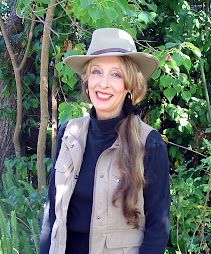The light of mindfulness can be beautiful, exhilarating, healing, and empowering, but there are so many distractions in life. It’s easy to get caught up in the shadows of self-doubt, worry, or criticism, dwelling on something that someone did or said to us or perhaps something we regret that we did or said. We might even feel we have good reason to be upset. But that “good reason” can pull us away from our awareness of the source, out of the sunlight into the shadows.
This summer I’ve been practicing mindfulness in earnest, meditating each morning and evening. Remarkably, I’ve stopped obsessing about some painful patterns from the past. Instead, I’ve been feeling an expansive sense of light in my life, a greater awareness of beauty in the world around me—the small miracles in my garden as white blossoms transform into tiny green beans, my little dog sleeping in the golden sunlight, gratitude for the cup of tea beside me. It’s almost like falling in love, falling deeply into the present moment.
The Medieval Franciscan St. Bonaventura used to return to the source by meditating on the Book of Nature, the beauty of the natural world. Recent reports by a British mental health consortium recommend “ecotherapy”—walking in natural settings, gardening, and other forms of active interaction with nature—as an effective treatment for anxiety and depression with minimal cost and no adverse side effects. And for most of us, nature is nearby, as close as walking outside and looking at the sky.
Try Bonaventuran meditation to return to the source:
- Center yourself by taking a deep breath, then slowly releasing it.
- Now look at something natural, something beautiful—perhaps a tree, the landscape, your dog or cat, or the sky above your head.
- Focus your attention on this small part of Nature’s masterpiece, becoming more aware of the subtle, ever changing patterns of life.
- Breathe in this beauty–into your heart.
- Smile as you feel one with it.
Paz y alegria,
Diane






